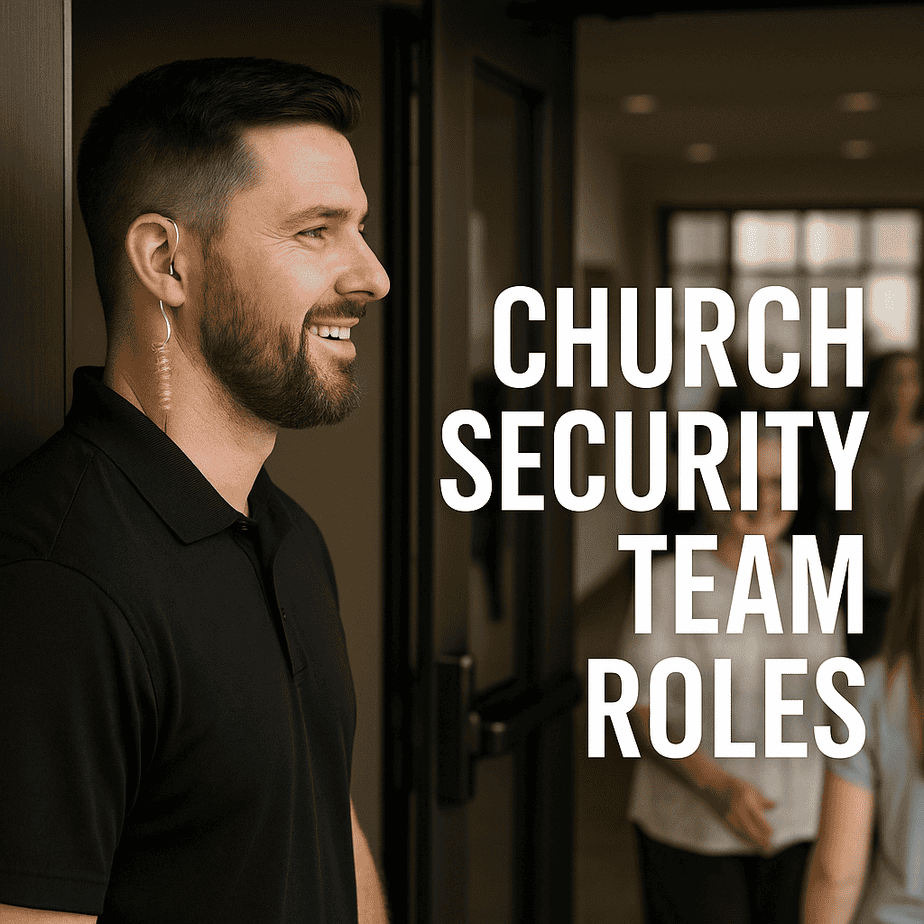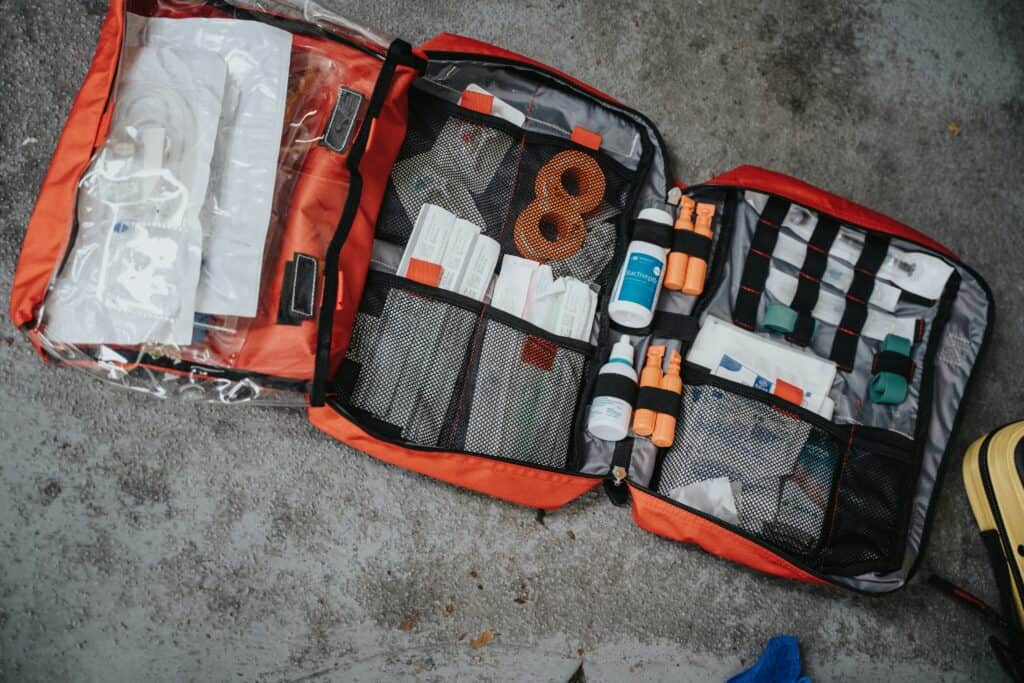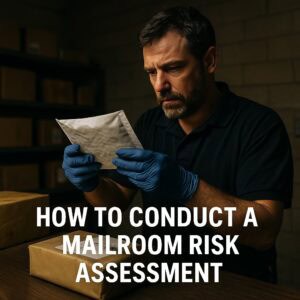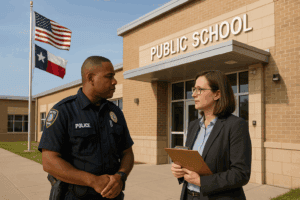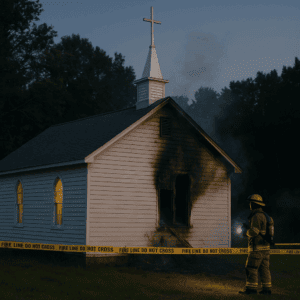If Everyone’s in Charge, No One’s in Charge
We see it all the time:
- A team full of “good guys” with no assigned roles
- Everyone watching the door, but no one actually covering the lobby
- No one knowing who talks to law enforcement, who radios inside, or who locks down kids’ areas
When a real incident happens, confusion adds chaos. Seconds are wasted. Warnings are missed. Responses are slower and weaker than they should be.
A strong church security team isn’t just about who’s armed or who’s paying attention. It’s about clear roles and knowing who does what and when it matters most.
The Core Roles Every Church Security Team Needs
You don’t have to make it complicated. But you do have to make it clear.
Here’s a basic structure that works for almost every size church:
1. Team Leader (Incident Commander)
- Oversees the team during services
- Assigns duties beforehand
- Makes final calls during incidents
- Communicates directly with church leadership and police
This role is explained more in your church’s security team policies and procedures if you’re setting up a formal structure.
2. Front Door / Greeter Contact
- Welcomes visitors
- Watches for suspicious behavior
- Stays near exits
- First point of contact if something feels wrong
If you’re building out a team of greeters and security working side-by-side, check out the detailed breakdown in Greeters and Ushers in Church Security: Essential Roles.
3. Internal Rovers (Floaters)
- Patrols hallways and less visible areas
- Checks parking lot perimeters if safe to do so
- Acts fast when backup is needed inside
4. Medical Response Lead
- Responds to medical emergencies first
- Coordinates EMS arrival if needed
- Documents any medical incidents
If you don’t have a separate medical team yet, this can double as part of your basic team, but it’s best to start building a church medical response team early.
5. Communication Control
- Monitors radio traffic
- Relays clear updates to team leads
- Manages 911 calls if needed
Good communication skills are essential for every role, but especially here. If your team struggles with clear radio discipline, you’ll find useful tips in Effective Communication Skills for Church Security Teams.
Common Role Problems That Hurt Real Responses
Here’s where most churches run into trouble:
- Too many people acting independently: No one knows if an evacuation call was made or who made it.
- No radio plan: Multiple people calling 911, talking over radios, missing critical details.
- Everyone armed, but no one assigned: Leads to duplication, gaps, and liability.
- Leadership vacuum: No clear leader, so everyone hesitates.
Training drills based on role assignments, not just “all team meeting” announcements, can fix this. If you haven’t already, start putting small teams through tabletop exercises.
See our guide on Church Safety Team Regular Training if you need help building that rhythm.
Final Thought: Clarity Beats Gear
Having radios, firearms, and cameras is great. But if no one knows who’s doing what, those tools won’t matter when the clock starts ticking.
Assign clear roles.
Practice the handoffs.
Train the backups.
It’s simple, and what separates teams that work under pressure from those that don’t.

